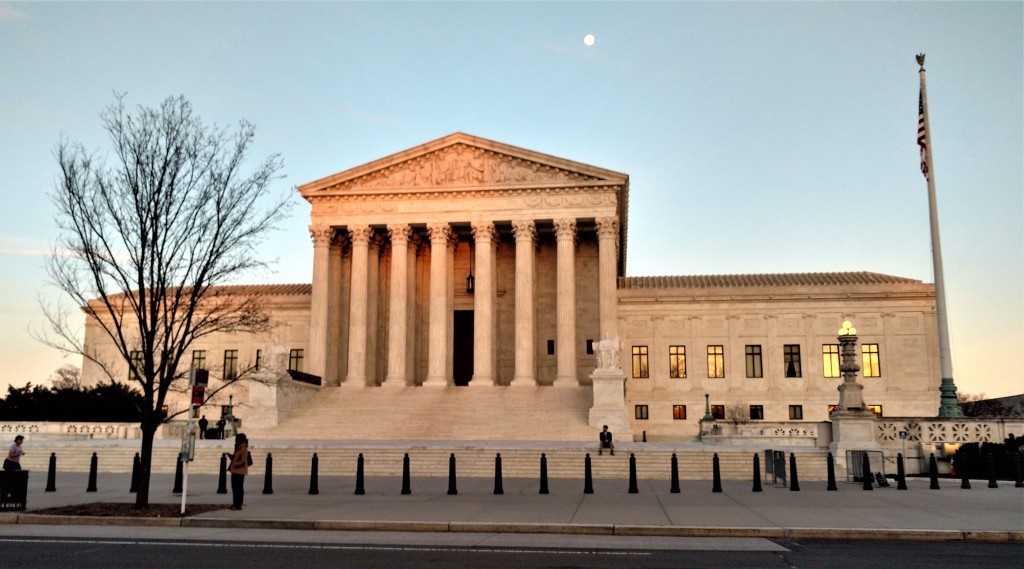
And why does it matter? Because if they are transportation workers, their putative class action under the FLSA must proceed in court, not by contracted-for arbitration. But if they are bakery workers, they must submit to arbitration. The Second Circuit held they are not transportation workers and therefore must submit to arbitration. The Supreme Court has agreed to hear the workers’ further appeal, in Bissonnette v. LePage Bakeries Park St., LLC.
Certainly Section 1 of the Federal Arbitration Act forbids a transportation worker, even an independent contractor, to be compelled to arbitrate a claim against an employer. That was settled by the Court in its 2019 decision in New Prime, Inc. v. Oliveira. The unusual setting in Bissonnette raises the issue for the Court of whether the workers are transportation workers or, perhaps, bakery workers.
The workers entered into distributor agreements with defendant bakery companies. In a putative class action, they alleged they were misclassified as independent contractors rather than employees, in violation of the FLSA and Connecticut law, seeking reclassification and damages. The bakery defendants moved to compel arbitration under a contractual provision that also excluded class or other representative actions. But what was their job?
Under the agreements, plaintiffs purchased their own service territories, identified new customers, developed relationships with existing customers, ordered and delivered products, stocked and replenished products in customers’ locations, and otherwise promoted sales and customer service. Plaintiffs purchased bakery goods from defendants and sold them to the customers at a profit, which they kept. They increased profits by increasing business. The goods came from outside Connecticut and were transported by the workers to their final destinations in Connecticut, using their own vehicles.
Plaintiffs claimed they were transportation workers, transporting bakery products on the intrastate leg of interstate commerce. In contrast, the bakery companies focused on the business aspect of the work, to say that plaintiffs are not transportation workers because their primary activities are in the bakery industry, not the transportation industry. They are more akin to sales workers or managers responsible for all aspects of a bakery products distribution business. Thus, they argue, the Section 1 exception is no impediment to the application of the full Federal Arbitration Act.
The Connecticut district court agreed with the defendant bakeries, ordering the workers to arbitration. The Second Circuit affirmed. The Supreme Court recently granted certiorari to decide whether these distributors of bakery products are in the bakery industry or the transportation industry. And that determination will decide whether their employment claims will be resolved in court or in arbitration.